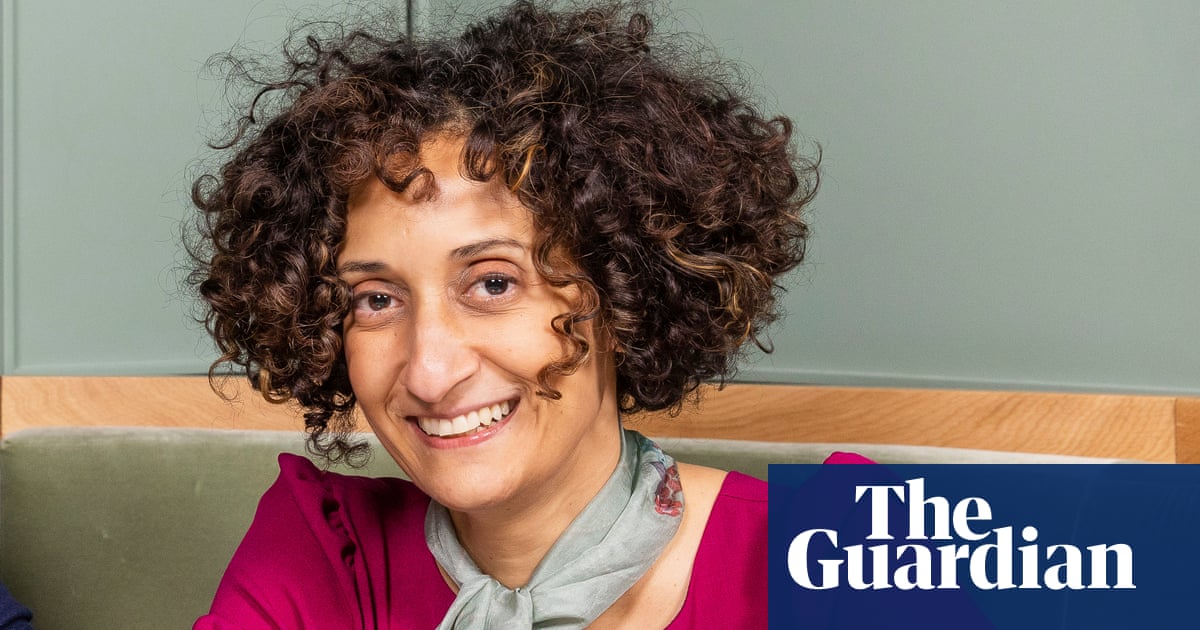
Private schools want to opt out of GCSE exams because state schools in England are catching up with their results, the government’s former social mobility tsar Katharine Birbalsingh has said.
Commenting on moves by Latymer upper school in London and Bedales school in Hampshire to curb pupils taking GCSEs other than English and maths, Birbalsingh accused the schools of trying to hide their failures to achieve consistently high grades.
“I would argue that Latymer and other private schools are failing their pupils. They have a highly selective intake and they are unable to produce the results at GCSE, which is why they are making these changes,” Birbalsingh told BBC Radio 4’s Today programme.
“People think that they get high results – [but] we are on their tails with regards to their results.”
Michaela community school, the free school in Brent, north London, founded by Birbalsingh, is one of England’s highest performing state schools at GCSEs despite a comprehensive intake and a high proportion of pupils eligible for free school meals.
Ian Emerson, the deputy head teacher of Latymer upper, a private school charging £24,000 a year, said that GCSEs “confine and stifle” students’ learning.
“[GCSEs] reward rote learning rather than deep or original thinking, and they do not effectively teach students the core skills that are sought out by employers in the modern workplace,” Emerson said.
But Birbalsingh said parents should be suspicious of private schools that opt to limit GCSEs and replace them with internally assessed courses.
Creating private qualifications would “advantage richer pupils, the pupils that can afford £25,000 a year over the normal kids in state schools. And they will then get the jobs and get the positions of authority out there, having not achieved any kind of national standard,” Birbalsingh claimed.
Bedales, which charges £33,000 a year for day pupils, has since 2006 cut back on the number of GCSEs taken by its pupils, replacing them with its own assessed courses. But it and Latymer upper have recently said they would go further and have students take just English and maths, with options for taking GCSE sciences and languages.
While few other independent schools are likely to follow, most private schools already opt to take so-called iGCSE exams as an alternative to the GCSEs prescribed for state schools.
Julie Robinson, chief executive of the Independent Schools Council, said: “Independent school exam results continue to be very high across the board and the majority still choose to use the standard exams available to all schools.
“However, given the concerns that many across education have about GCSEs, it is unsurprising that a small handful of schools have chosen to explore what an alternative could look like.”
Steve Chalke of the Oasis academy chain of state schools, said Birbalsignh’s remarks were “completely unfair and totally inaccurate”, and said state schools as well as private ones were calling for an overhaul of GCSEs.
“The [current] system suits some children who love sitting at desks, who have got instant recall,” Chalke said.
Criticisms of the role and structure of GCSEs have been brewing for several years. Last month the Tony Blair Institute called for both GCSEs and A-levels to be scrapped and replaced with qualifications that “encourage breadth of learning as well as more critical thinking, creativity, communication and collaborative problem-solving”.
But Birbalsingh rejected the claims that GCSEs stifled creativity or critical thinking.
“When you are writing essays about Macbeth, you cannot rote learn that. You have to understand the play, you have to be able to take it apart and write your own independent thinking in those essays,” Birbalsingh said.
“It is absolutely the case that GCSEs are rigorous and they test a variety of skills. And we have a national benchmark, not only to judge children but also to judge schools.
“And when schools don’t meet those benchmarks they shouldn’t be allowed to then change them and say: well actually we don’t like the benchmark.”












